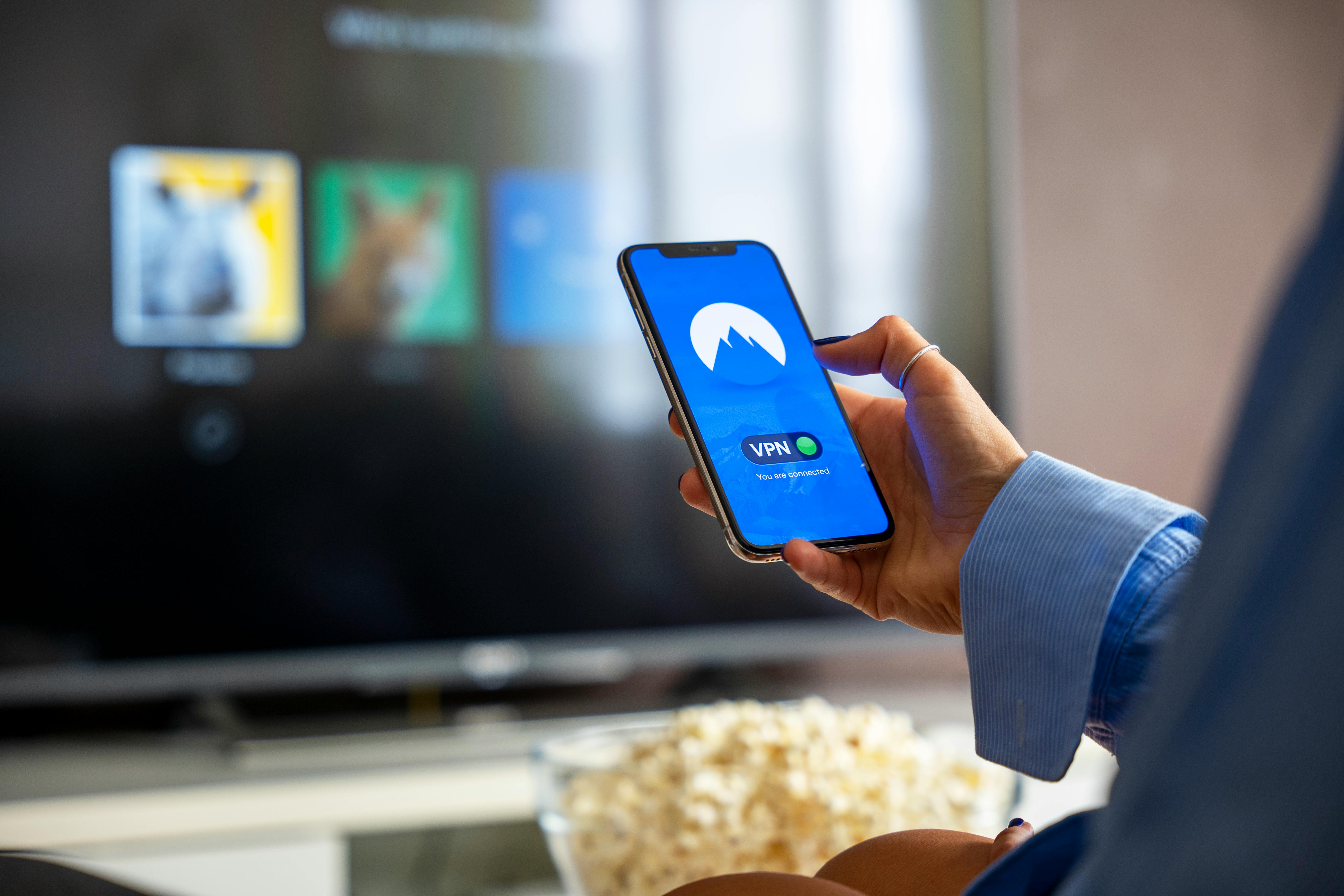
Introduction
In an age where the digital sphere plays an integral role in our lives, the U.S. Embassy in India has mandated a pivotal change in the visa application process for non-resident applicants. From now on, anyone applying for a U.S. visa must disclose all social media handles used in the last five years on the DS-160 application form. This policy not only emphasizes transparency but also underscores the importance of social media in assessing an individual’s identity and background.
What Does the New Rule Entail?
According to the latest guidelines, visa applicants are required to provide usernames and handles for various platforms, which include:
- X (formerly Twitter)
- TikTok
- YouTube
This comprehensive list indicates that not only active accounts but also those that have been inactive should be reported. Any social media account used within the last five years must be included, thereby holding applicants to a high standard of accountability.
Consequences of Failing to Disclose
Understanding the grave implications of omitting social media accounts is crucial. The failure to disclose can lead to significant repercussions:
- Immediate visa denial
- Extended processing times due to additional scrutiny
- Flagging of your application for future visa requests
Moreover, deliberately leaving out social media identifiers can be deemed an act of dishonesty, affecting your eligibility for any future visits to the United States. Therefore, it is imperative for applicants to approach this procedure with utmost sincerity.
The Rationale Behind Collecting This Information
The U.S. Department of State has made social media disclosure a mandatory part of visa applications as part of an overarching strategy to bolster national security. Officials assert that examining social media activity can help verify applicants’ identities and expose patterns that might pose security risks.
This move aligns with a global trend wherein immigration and border enforcement agencies utilize publicly available online data as part of their vetting processes. With heightened concerns about security, this practice reflects a necessary adaptation to contemporary threats.
Steps Every Applicant Should Take
To navigate these new requirements effectively, applicants are advised to:
- Review all social media accounts utilized in the last five years.
- Compile a list of all relevant usernames exactly as they appear.
- Include every platform, even if you believe certain accounts are insignificant.
- Prioritize transparency; it is better to disclose more than risk forgetting an account.
By adhering to these guidelines, applicants can alleviate potential issues during the visa application process and ensure a smoother experience.
Final Thoughts
This update serves as a critical reminder for Indian visa seekers and travelers globally. In today’s interconnected digital world, an online presence is an essential aspect of one’s identity. Maintaining honesty and openness in the DS-160 form can facilitate a favorable visa process.
For students, professionals, tourists, and all travelers, this directive is not merely a recommendation but a vital step toward obtaining U.S. visa approval. It is crucial to stay informed and follow updates from official embassy sources to ensure that your application is comprehensive, truthful, and up to date.
Understanding this new policy and its implications is paramount to a successful visa application and navigating the complexities of traveling to the United States.
